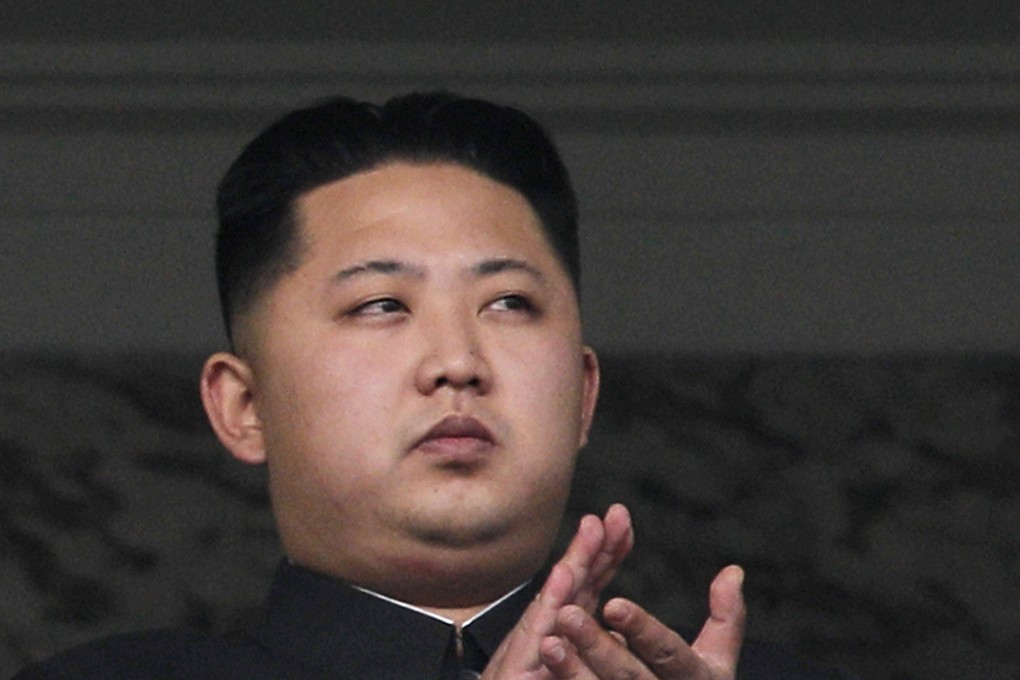New | Britain, US push UN Security Council to hold first talks on North Korea human rights
North Korea allies China and Russia, as well as Chad, Nigeria and Argentina do not sign letter proposal

Ten of the 15 members of the UN Security Council pushed to put North Korea on the official agenda for the first time to discuss the reclusive country’s human rights situation.
The members urged the discussion in a letter presented on Friday to the council’s president.
Given that such a procedure needs endorsement from at least nine countries and is not subject to a veto by a permanent member, the council will likely convene a session to take up the topic, possibly in December, as requested in the letter.
Unlike its nuclear and missile programmes that have been a frequent topic at the council, North Korea’s human rights issue has never been formally taken up by the most powerful organ of the UN system empowered to impose sanctions.
The council has informally discussed Pyongyang’s rights situation, which does not leave any official record.
The latest proposal for an official agenda item by Australia, Britain, Chile, France, Jordan, Lithuania, Luxembourg, South Korea, Rwanda and the United States will most likely step up pressure on Pyongyang, which appears to have been agitated by a series of calls by UN bodies and Western countries to improve its human rights record.